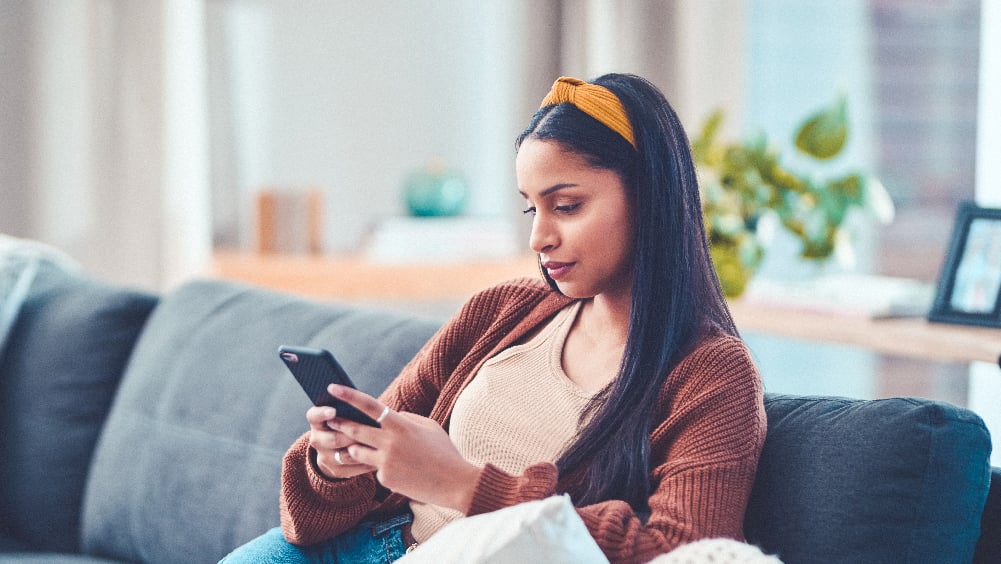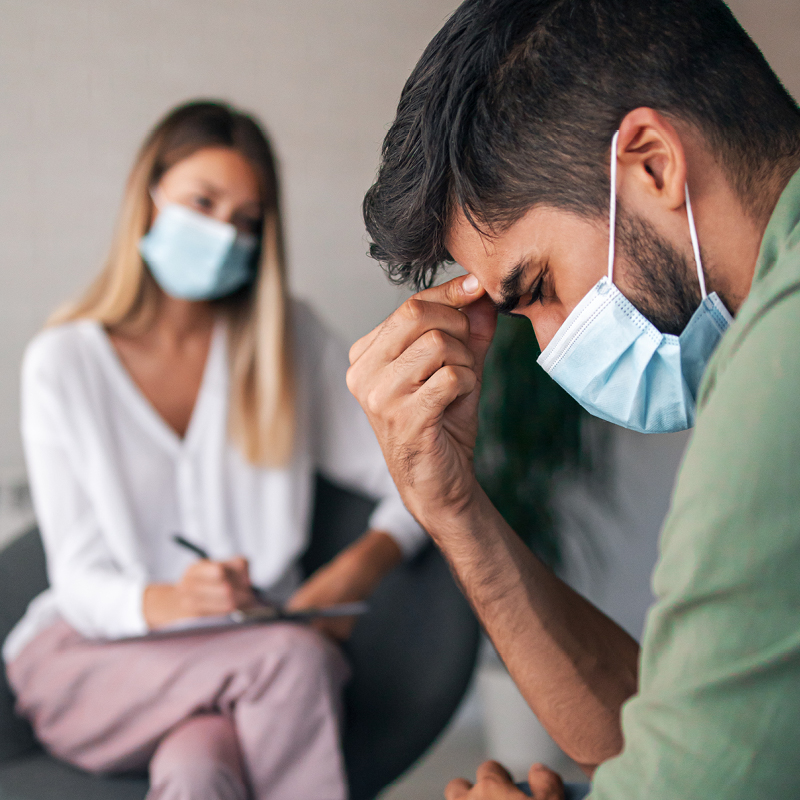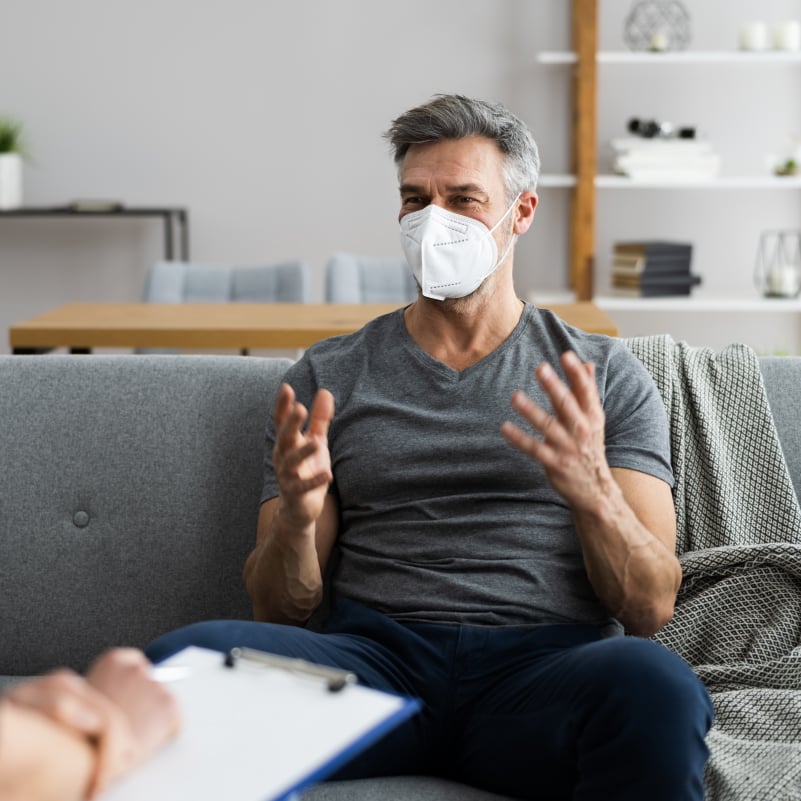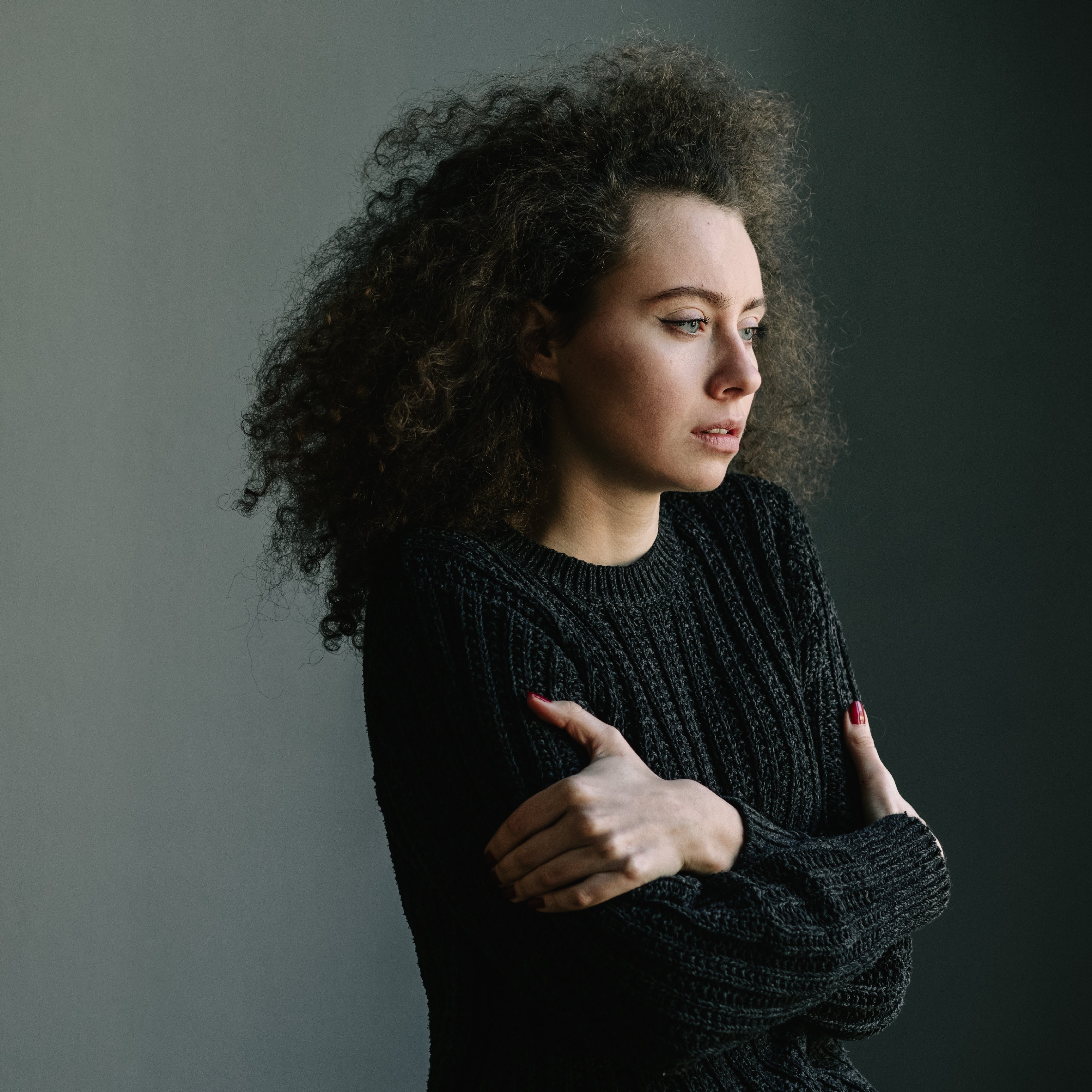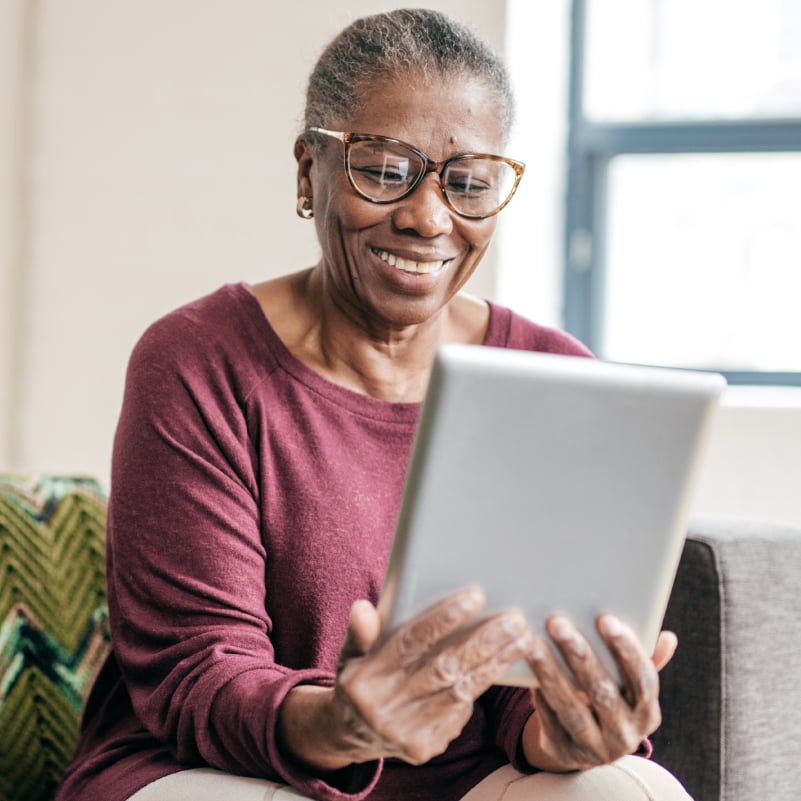More health providers are reporting patients with depression and anxiety over the course of the last two years. A scientific brief by the World Health Organization suggests there was a 27 percent increase in depression and a 25 percent increase in anxiety during the early stages of the COVID-19 pandemic.
During this time period, apps focusing on mental health and ways to provide coping strategies for disorders such as anxiety and depression have seen a rise in usage.
Josh Andrzejewski, PhD, is a psychologist with Rochester Regional Health. He discusses several of the mental health apps available, and when he encourages some patients to use them.
The apps
At least 10,000 mental health apps are available for download and use, according to a 2017 survey.
Several of the more well-known apps play a role in reducing levels of stress and anxiety in the short term. Users are given prompts to engage in adaptive coping strategies, such as meditation or diaphragmatic breathing.
Some of these apps are:
When do mental health apps help?
Living with a certain amount of stress is part of being human. When it comes to managing life stressors that we all encounter day to day, mental health apps can be a useful supplement to therapy.
The services provided by these apps to users can serve to reinforce or refresh techniques learned in therapy. Apps that focus on breathing or mindfulness skills can offer some help with situational anxiety or preparing for stressful events such as a presentation, interview, or performance.
Apps that use recorded meditations can serve as a guide and help increase feelings of relaxation. Others serve to reinforce skills and provide opportunities to review more adaptive strategies for coping with stressors.
“Some patients use these kinds of apps for accountability between sessions to maintain meditation practices or to reinforce skills learned in session,” Dr. Andrzejewski said.
Apps such as BetterHelp enroll patients in therapy that can be done via phone or video calls. This helps people who prefer the convenience of meeting with a therapist online to get the help they need. Others who have transportation barriers are also able to get the help they need. Researchers who are studying therapy outcomes during the COVID-19 pandemic are finding teletherapy and traditional in-person therapy have been equally effective.
That being said, some people may not feel as connected to their therapist over a screen as they would in person. This should be considered ahead of time.
Words of caution
The most important point made by therapists about mental health apps is that they should not be used as a replacement for actual therapy. When used as a supplement to therapy, these apps can assist people with getting into the habit of using mindfulness or meditation as a healthy tool. On their own, apps are not as likely to provide long-term help.
Using these kinds of apps to treat more severe mental health issues on their own is not advisable, either. People who are experiencing serious mental health problems should not seek out immediate solutions through apps such as these.
Anyone using these apps should also be cautious about privacy policies. Review the policies before you download and begin using any mental health app and determine whether they will keep your personal information secure should you choose to use them.
Seeking out professional help
As previously mentioned in this article, patients should not assume that mental health apps are a substitute for therapy.
If a person struggling with their mental health begins to show more severe symptoms or behaviors are cause for concern, a friend or loved one should encourage them to engage in therapy. Some of these behaviors or symptoms may include:
- Serious interference with daily activities
- Suicidal thoughts
- Major depression
- Psychosis
With the right therapist engaging in the right way, a patient will be able to make progress in ways they might not on their own or through an app.
“One of the biggest predictors of change in therapy is the therapeutic relationship between therapist and patient, and the ability to collaboratively problem-solve or learn new skills in working with a flexible and empathic therapist,” Dr. Andrzejewski said.

